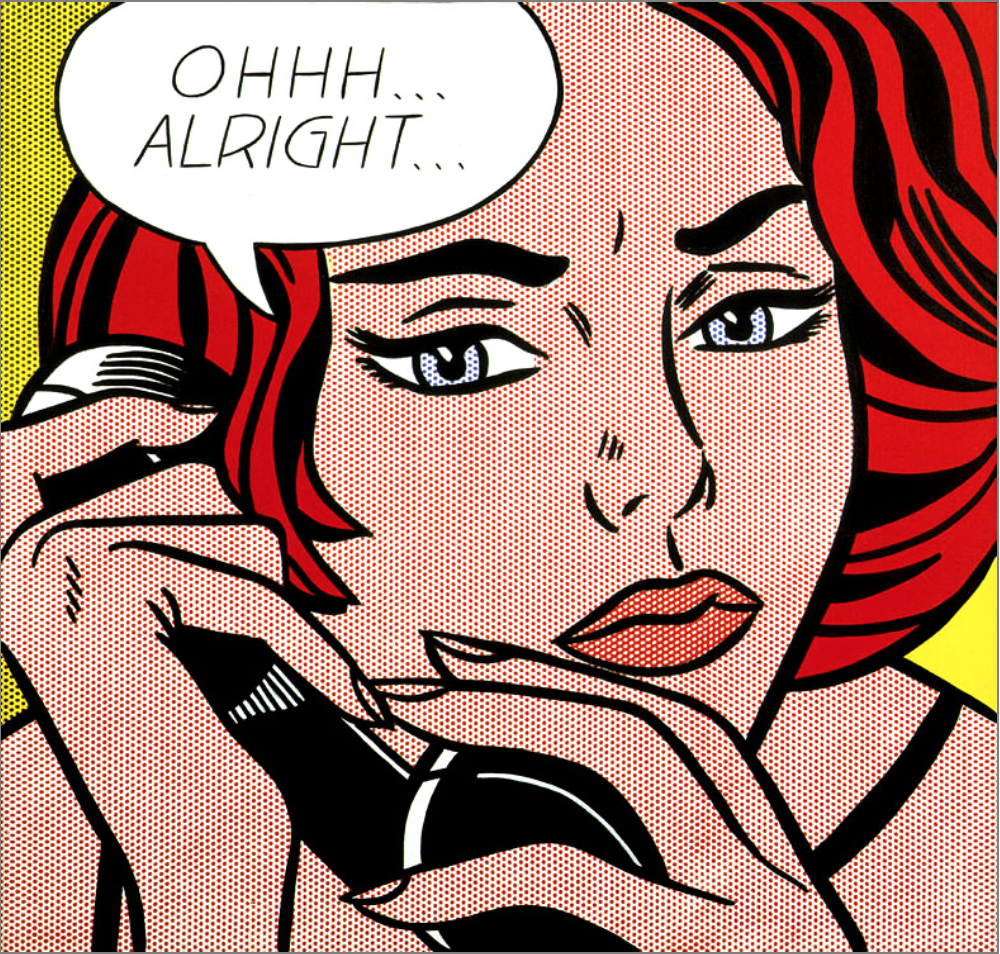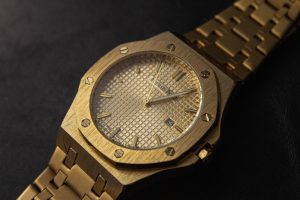People fall into a number of common pitfalls with auctions that see them getting far less than they had first intended for their much-loved possessions. Instead, many people are better off seeking an alternative way to sell their items, rather than wasting time and money at auction houses. To help make you more aware of your options, here are the four major ways how selling at an auction can backfire on you.

Going, going, gone: The potential pitfalls of selling at auction

In the contemporary luxury market, auctions are one of the most popular ways for people to sell valuable commodities. It’s easy to see why, as the benefits are numerous. However, the world of auction houses also has its downsides. So what is the real picture when it comes to selling at auction, and what are the potential pitfalls?
The benefits
As previously stated, selling at auction can be a very beneficial way of selling one’s luxury goods. Selling your items through an auction house with a huge reputation, and globally recognised name — such as Sotheby’s, Christies, Bonham’s or Phillips — can be an especially shrewd way of shifting your items. For me there are really two key benefits to selling your goods through a luxury auction house.
Firstly, the global reach of organisations like Sotheby’s means that your item will be seen around the world, and may drum up considerable hype among the world’s wealthiest collectors. Additionally, the recent adoption of auction streaming and online bidding at most auction houses means that it’s never been easier to take part in an auction, even if you’re on the opposite side of the globe to the room where it is taking place.
Secondly, items that are listed by luxury auction houses can sometimes benefit from the status of the auction house by becoming much more desirable. Luxury auction houses are influential influencers of taste and prestige in the luxury market, and simply being listed for an auction can have a real positive impact on an item’s value.
However, despite these well reported benefits, there are also some pitfalls to be aware of when you choose to sell at auction.
Pitfalls
As with any sale where you could stand to make a lot of money, you need to be aware of the potential pitfalls. Firstly, the timing of auctions can cause considerable frustration for many buyers. Major auction houses may only run specialist sales twice a year, so missing the consignment date for an auction can cause problems. The consignment date — by which an item must be submitted — can be up to a month prior to the actual sale, so if a seller misses it, they could face a seven month wait until their item is on sale.
If your item not only makes it to auction, but actually sells, a significant chunk of the final sale price and your earnings go to the auction house as a commission. Split between both seller and buyer some of the top auction houses will demand a commission worth up to 30% on the sale price. So as a seller you will be expected to give up to 15% of the hammer price (receive 15% less on the actual sale price) to the auction house and a buyer will pay a premium of 15% on the hammer price. In the world of luxury goods and art where an auction house can oversee hundreds of millions of pounds in sales in a single day, up to 30% on each can be considered as a huge portion of profit to have to surrender.
Failure to sell
The biggest pitfall is an obvious one; your item may fail to sell. While this is an obvious risk, some of the negative impacts of this are less obvious to someone with little knowledge of the world of auctioneering.
When listing your item with an auction house, there are multiple expenses that must be dealt with. These include photography and cataloguing, for the auction house’s website and for the catalogue of items which is handed out to attendees, or sent to bidders participating remotely. You may also have to pay for the storage of your item. If your item sells, this isn’t usually a problem, as the profit gained from the sale will more than cover the listing expenses. But if your item fails to sell, you’ll find yourself out of pocket; the auction house won’t repay you.
However, the worst impact of an item failing to sell is the potential impact on its value. In the industry this is known as being ‘burnt at sale’ or ‘brought in’ (BI). For an item that is not unique, this is not a huge issue, but for a unique item it can be catastrophic. In years gone by, a BI would eventually be forgotten about after a year or two, but thanks to the internet this information is readily available. Because of this, BI can be a black mark can stay with a piece for years.
To the uninitiated, this may seem a little odd, but consider the following. Firstly, the failure of an item to sell will raise questions among the bidding community about its quality, condition, and value. Whether these questions have any foundation or not are irrelevant, the bidding community will begin to have conversations about its value. In an age where it is easy to have conversations with like-minded people from around the world on social networks, this can be especially damaging to the value of a piece.
A common problem is a mis-valuation by auctioneers, which is often out of the control of the seller. If an item’s reserve is too high, it is likely to scare off potential bidders. On the flipside, if an item’s reserve is too low, potential bidders may question why this is. Either way, a mis-calculated reserve is likely to lead to a failure to sell, which can lead to a decrease in the item’s value.
Playing with fire?
As previously discussed, an item that fails to sell at auction is known to be ‘burnt at sale’, but many factors outside of the seller’s control can lead to a piece’s failure to sell, and becoming burnt. Because of this, if you sell at auction, you could be playing with fire.
For example, in some cases buyers who have a serious interest in a piece may hold back in the early stages of a bid to monitor the situation, and to not push the bid too high too soon. If this happens, and the auctioneer may could call time on the item on the particular which then becomes burnt, even though serious buyers were present.
Another scenario could be that — for whatever reason — there is not significant interest in the item within the confines of the auction room, even though the item itself is valuable and desirable to collectors.
Outside factors can also influence an auction, and leave a piece with a BI. In November 2008 the global economy was in a dire state, considered by economists to be the worst financial crash since the Great Depression. Auctions due to happen in that month had already been arranged, with catalogues printed and prices set before the crash had happened. More than 40% of items received a BI at auction in that month alone.
So if you’re thinking of selling at auction, be careful. If it goes well, you could end up with far more money than the piece is actually worth. But if your piece fails to sell, you could end up with a hugely devalued item, and numerous bills to pay to the auction house.
A closer look at the Pros & Cons of selling at Auction
1. Premiums
One of the biggest surprises sellers face when going to auction is the premiums that auction houses set on each item. You may have thought that they charge a flat fee for every item you sell, but this is not the case. If your item sells, then the auction house itself can then take a premium of up to 30% on the final agreed sale price.
You generally find that the price of this premium is split between yourself and the buyer. Therefore, you should bear this premium in mind before you decide to sell something at auction. You should calculate how much of the agreed sale price you will actually get once the auctioneers have taken their cut. Otherwise, you could be left with surprisingly little at the end.
2. Auction expenses
As well as this percentage fee for everything you sell, the auction house will also need to get paid for their services even if the item doesn’t sell. These additional costs include things like listing fees, costs for photography and costs for advertising your items in the catalogue. Sadly, many sellers go to auction thinking these costs are included in the final sale commission the auction house takes.
However, this is simply not the case. In fact, you should be aware that, if a number of items don’t sell, then you may actually have less money at the end of the auction than when you started! So you should be careful when selecting an auction house and should look at all the things they charge for, or else you may be left with a number of hefty and unexpected fees to pay.
3. Timing
The third way that selling at auction could backfire on you is by failing to take into consideration the timing of the auction itself. Certain types of item are generally only sold at certain times of the year. This means that few auction houses may be able to sell your items now, and you may need to wait a few months for the next one.
As well as this, the regular buyers of certain items will not be looking for your product at this time of the year. So, if you’re looking for a quick sell, then it may not be the right time for you to head to auction. Instead, you may be better off seeking an alternate way to sell your items. There is nothing worse than listing a number of items at auction and seeing few potential bidders even turning up on the day.
4. Failing to sell your items
It has already been mentioned, but it is worth repeating that your items simply may not sell at an auction. This means a loss of time and money spent listing your items. In turn, you will then need to invest more money in the next auction you go to and will spend your time hoping that things go better this time around. Even worse, is that you then run the risk of your items becoming “burned at sale”.
What this means is that, because your items failed to sell once at a public auction, they may be greatly devalued at the next auction they are presented in. The auctioneers themselves will place a lower value on them and buyers will be less interested because they know they have already been snubbed by other experienced bidders in the past.
This problem has become increasingly worse in recent years, as information on auctioned items can be found more easily online. Nowadays, if a unique and interesting piece is listed at auction, but then fails to sell, members of the auctioning community can easily discover this on their phones. In turn, these items can be “blacklisted” for a number of years to come.
Even worse is the fact that many items end up getting burnt for no good reason. For example, it may be that the auction house is filled with serious bidders, but these bidders are waiting to see how others bid first before getting involved. It may then be that the auctioneer calls the auction too early before everyone shows their full interest. So, even though people actually were looking to buy your pieces, this fact could simply be ignored.
What’s the alternative?
In order to avoid the very real risks associated with using an auction, you may want to choose an alternative route. This is where pawnbroking comes in. Pawnbroking is a fantastic way to receive immediate funds for your old vintage items.
Due to the nature of pawnbroking, there are no hidden fees and you are 100% aware of the final agreed sale price for your items. You can ensure you get the amount you need and don’t have to worry about an item not selling. Here at New Bond Street Pawnbrokers, we review a number of fine items and are always looking to assist more clients with a quick sell.
If you know you will not wish to repurchase your items, we also have an immediate sale option as opposed to issuing loans. You can find out more about our service here. If you have any further questions or would like to arrange a free, no obligation quotation for some of your items, contact us today.
New Bond Street Pawnbrokers are a discreet, luxury pawn shop in Central London specialising in loans against various fine items like diamonds, fine jewellery and fine watches to name just a few.












